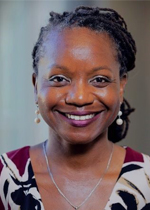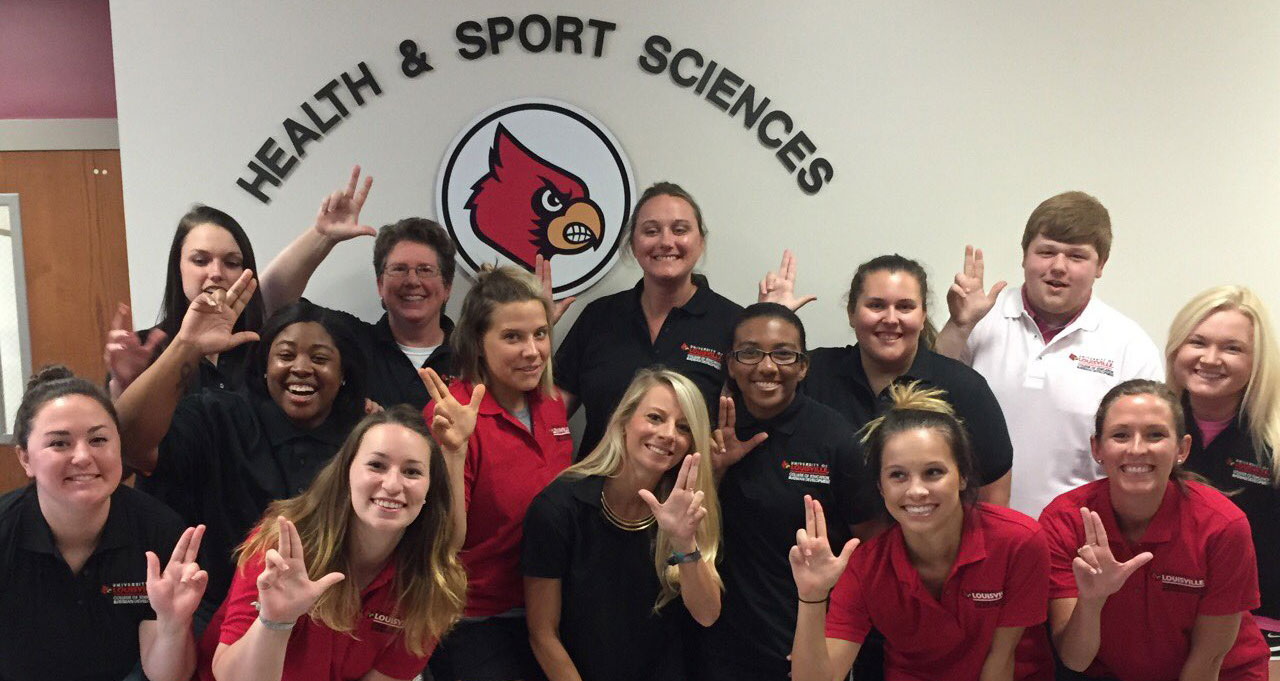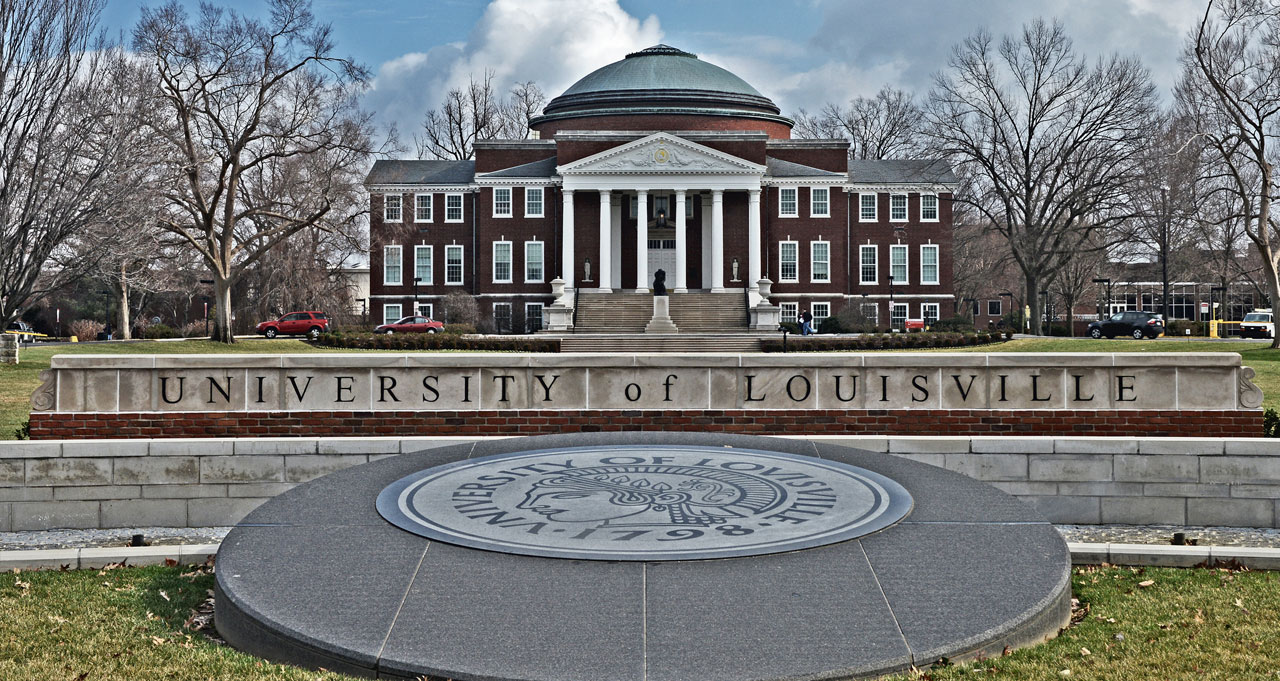
Dr. Tabitha Grier-Reed joined UofL in August 2024 as the dean of the College of Education and Human Development (CEHD). She brings a wealth of experience from the University of Minnesota (UofM), Twin Cities, where she was the associate dean for graduate education and faculty development.
As a licensed psychologist and professor, Dean Grier-Reed has a rich background in higher education, focusing on student development and cultural health. Her work primarily explores the well-being of diverse young people and the creation of environments that support their growth and cultural well-being.
Dean Grier-Reed holds a Bachelor of Science in Psychology from Tuskegee University and both a Master of Arts and a PhD in Educational Psychology from the UofM's Counseling and Student Personnel Psychology Program. As a recognized thought leader, she is a fellow of the American Psychological Association and has served as past president of the Minnesota Psychological Association.
Dean Grier-Reed has a strong track record in faculty advocacy and governance. She has been involved in several key committees, including the Senate Committee on Faculty Affairs, the Faculty Consultative Committee and the Faculty Senate at UofM. In the spring of 2021, she was honored with the President’s Award for Outstanding Service to Senate Governance, and that same year she co-chaired the University of Minnesota President’s Initiative for Student Mental Health, strategically aligning several other key initiatives such as the Provost’s Task Force for Disability and Instructional Accommodations.
As a graduate student, Dr. Grier-Reed spent several years as an adviser for TRiO Student Support Services (SSS), where she helped students navigate their educational journeys and supported their aspirations for graduate school through her work with the McNair Scholars Program. As a former TRiO SSS student and McNair scholar herself, this work was especially meaningful and impactful. Dr. Grier-Reed's ongoing dedication to culturally relevant practices and the well-being of students continues to inspire her work at UofL, where she is committed to fostering supportive and inclusive educational environments.
CEHD's five departments: Department of Elementary, Middle & Secondary Teacher Education ; Department of Special Education, Early Childhood & Prevention Science ; Health and Sport Sciences; Counseling and Human Development; and Educational Leadership, Evaluation, and Organizational Development enrolled during fall 2018, just over 3,100 undergraduate and graduate students in over 80 certificate, endorsement and degree programs. The CEHD’s Education Advising and Student Services (http://louisville.edu/education/advising) center is a state of the art professional academic advising office with staff who work tirelessly to support undergraduate and graduate student advising, and offer an array of services related to admissions, certification, and other important areas.
The College is home to several centers and initiatives that have a specialized mission related to education research, service, and classroom instruction.
-- The Center for Economic Education addresses social, economic, and educational inequity by providing training about personal finance and studying the economics of education, especially postsecondary education. The Center strives to promote social mobility through personal finance and making college more affordable.
-- Center for Instructional and Behavioral Research in Schools engages with the application of scientific methods to understand and prevent student failure and dysfunction. The Center involves collaborations among a wide-range of interested parties across the university to focus specifically on prevention efforts as they relate to education – broadly defined as public schooling from pre-school through post-secondary education. The center provides an impetus and structure for enhancing nationally recognizable research and scholarship in areas that represent pressing social concerns – with a focus on educational experiences from pedagogical, psychological, and social work perspectives.
--The Center for Research in Mathematics and Science Teacher Development conducts research on the development of mathematics and science teachers from the beginning of their preparation program to the end of their career.
--Early Childhood Research Center studies the contemporary issues that relate to young children, their families, communities, and their education.
--Kentucky Autism Training Center strives to bridge the research to practice gap concerning Autism Spectrum Disorders (ASD) by providing resources, building sustainable partnerships, and increasing the use of evidence-based practices through training programs throughout Kentucky.
--The Nystrand Center of Excellence and its university and community partners have collaborated to improve the preparation of teacher candidates, the professional development of teachers and administrators, and school contexts. The Center develops and facilitates professional development through its initiatives such as the Louisville Writing Project and the Signature Partnership program.
For over four decades, undergraduate and graduate programs in CEHD have been continuously accredited at the national and state level by the National Council of Accreditation for Teacher Education (NCATE), which is now the Council for the Accreditation of Educator Preparation (CAEP), and the Kentucky Education Professional Standards Board (EPSB). CEHD received confirmation of continuing accreditation from CAEP in spring 2017. In addition, CEHD programs are accredited by:
--Council for Accreditation of Counseling and Related Educational Programs (CACREP)
--American Psychological Association (APA)
--Commission on Sport Management Accreditation (COSMA)
--Committee on Accreditation for the Exercise Sciences (CAAHEP)
--National Association of Schools of Music (NASM)
--National Association for the Education of Young Children (NAEYC)
--Commission on Accreditation of Allied Health Education Programs (CAAHEP) upon the recommendation of the Accreditation Council for Art Therapy Education (ACATE)
--Council on Social Work Education (CSWE)
Ms. Sherry Durham is the coordinator of the Multicultural Teacher Recruitment Project (MTRP), which has been part of the CEHD for 30 years. The program was created to address the shortage of minority teachers in our K-12 classrooms. In addition, MTRP offers support services for students such as course advising, test preparation, career guidance, and financial assistance.
The CEHD is partnering with Ft. Knox to offer the Master Educator Course (MEC), which is a 27-credit hour program admitting over 200 service personnel and faculty cadre staff. The Department of Defense awarded funding to the CEHD to support the program. Students who participate are army employees who work at college/university ROTC training programs across the country.
The CEHD received a major gift of $5 million dollars from the Mary K. Oxley Foundation, which was matched by the University of Louisville Foundation, with a gift of $2.5 million. The purpose of the gift is to further develop and expand the work of the college through the Signature Partnership Initiative and the clinical model of educator preparation in partnership with the Jefferson County Public Schools (JCPS). Five JCPS schools have partnered with the CEHD to focus on building teacher leader capacity and retention, increase the number of teachers who have National Board Certification, provide onsite comprehensive professional development for teachers, and establish UofL classrooms in the schools for CEHD students in teacher preparation programs.
The CEHD and Ohio Valley Educational Cooperative (OVEC) formed a partnership in 1991 to offer improved professional development to the districts. The partnership has since expanded into other areas such as college and career readiness; literacy, mathematics and leadership programs; student teacher and field placements, and much more.

CEHD has continued to expand the International Learning Experience (ILE), not only to our students but those in other UofL schools/colleges as well. Students in the teacher education programs travel to Belize where they teach kindergarten through middle school-aged children in local villages. In Ireland, students study higher education and cultural influences on counseling psychology and art therapy at the University College Cork and Crawford College of Arts and Sciences at Cork Institute of Technology. CEHD students in education leadership and teacher education programs have toured schools and examined leadership systems in Peru, England, and Portugal. CEHD students in the Department of Health and Sport Sciences, Sport Administration program, have traveled to Toronto, Canada, and Wroclaw, Poland to volunteer and study management of large-scale sport events.

The University of Louisville (UofL) was established in 1798 and is led by Dr. Neeli Bendapudi. The University is Carnegie-classified as a Very High Research Activity Research University and has three campuses with state-of-the-art research facilities. Enrollment is over 22,000 in 12 colleges and schools, and there are over 6,800 faculty and staff. The average ACT score of entering freshmen is 25.4; the budget is $1.2 billon.
Louisville is prosperous and culturally rich with a population of one million-plus. It ranks among top 10 metropolitan places to live and is a major hub of commerce, law, and health care. Learn more at GoToLouisville.com and Possibility City.
If you have any questions, suggestions, or concerns, please contact the College of Education and Human Development Dean’s Office (502-852-6411). We will be happy to respond to your inquiries and hope that you will decide to join our College’s family of outstanding graduates who have become some of the state, regional, and national leaders in education, human development, human performance, and affiliated practice and research occupations who proudly serve in their professions. GO CARDS!
